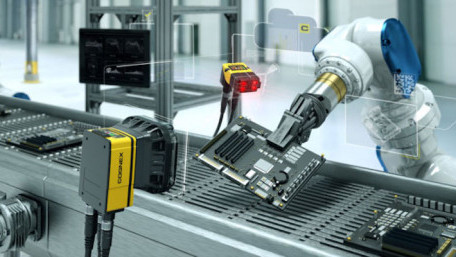
Industrial sensors can be found in nearly every modern industrial process, regardless of complexity. Learn the history, evolution, and variety of sensors that…
Industrial sensors can be found in nearly every modern industrial process, regardless of complexity. Learn the history, evolution, and variety of sensors that make manufacturing the modern marvel we see today.

Addressing cybersecurity threats introduced by IIoT technology and devices can quickly seem overwhelming. However, an…
Addressing cybersecurity threats introduced by IIoT technology and devices can quickly seem overwhelming. However, an understanding of the risks can lead to some straightforward countermeasures.
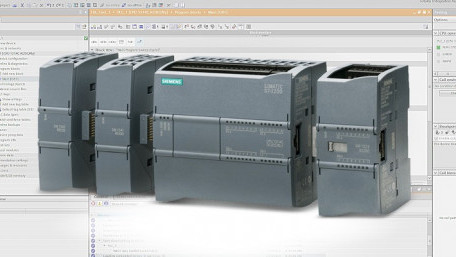
Programming simple coil and contact commands is an easy matter in most PLC IDEs. Connecting and configuring analog inputs…
Programming simple coil and contact commands is an easy matter in most PLC IDEs. Connecting and configuring analog inputs can be more challenging with various bit resolutions and conversion commands.

Computers understand values as long strings of binary bits, but we humans convert them to other systems for convenience.…
Computers understand values as long strings of binary bits, but we humans convert them to other systems for convenience. Decimal makes sense, but what about hexadecimal and the lesser-known octal systems?
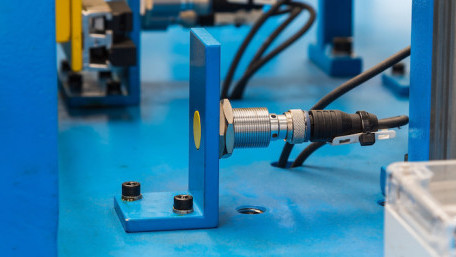
Operating voltage, linearity, dimensions, polarity protection, range… When it comes to sensors, every situation calls…
Operating voltage, linearity, dimensions, polarity protection, range… When it comes to sensors, every situation calls for understanding these specs in detail during design, purchasing, and installation.
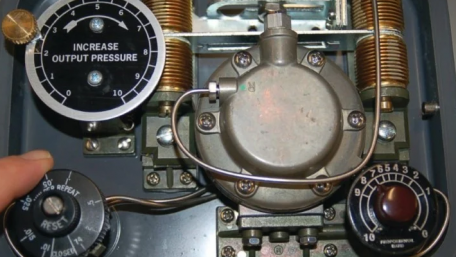
This article discusses the meaning and effects of proportional gain in a controlled system such as motion, temperature,…
This article discusses the meaning and effects of proportional gain in a controlled system such as motion, temperature, and fluid flow.

To know if predictive maintenance is the right strategy, it might help to first recognize if it isn’t. Here are some…
To know if predictive maintenance is the right strategy, it might help to first recognize if it isn’t. Here are some indicators that your organization should improve before implementing predictive maintenance.
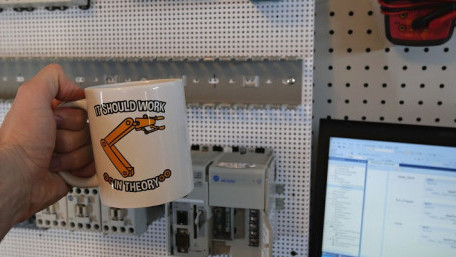
We are taught that parallel circuits maintain equal voltage across all branch resistors, equally sharing the source…
We are taught that parallel circuits maintain equal voltage across all branch resistors, equally sharing the source voltage. But reality is often far from ideal, and individual devices certainly impact the rest of the circuit.
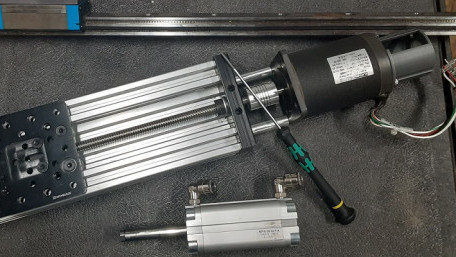
Actuators are used to control the motion of manufacturing devices and raw materials. This article will compare electric…
Actuators are used to control the motion of manufacturing devices and raw materials. This article will compare electric actuators and several types of fluid-power actuators.
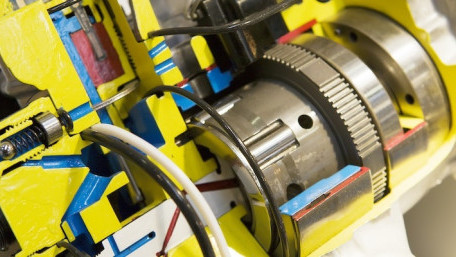
Closed-loop motor control is a control system used to regulate the output of a motor. Learn about the four common types…
Closed-loop motor control is a control system used to regulate the output of a motor. Learn about the four common types of closed-loop motor control systems to understand each one’s inner-workings and applications.
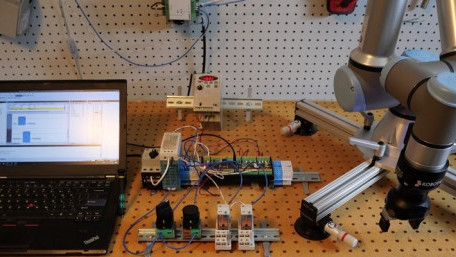
Previously, we described how to use the new Arduino PLC IDE to control discrete devices. This tutorial will describe how…
Previously, we described how to use the new Arduino PLC IDE to control discrete devices. This tutorial will describe how to connect various peripheral equipment (VFD and robot) using analog inputs and outputs.
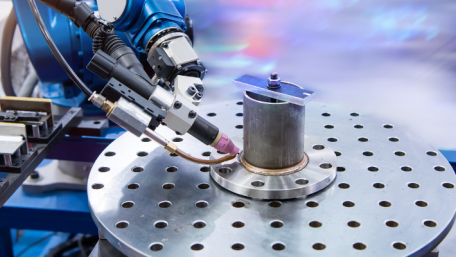
Programming robots may seem like a simple task of moving from point to point, like a really expensive game of Connect the…
Programming robots may seem like a simple task of moving from point to point, like a really expensive game of Connect the Dots. Linear, joint, and circular motion commands affect robot movement differently, each meant to be used in certain settings.
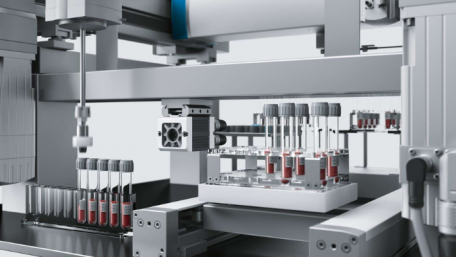
Total laboratory automation (TLA) helps in workforce utilization, reduced costs, and management of routine testing. Learn…
Total laboratory automation (TLA) helps in workforce utilization, reduced costs, and management of routine testing. Learn about what TLA is, its components, and what to consider before replacing a traditional laboratory.
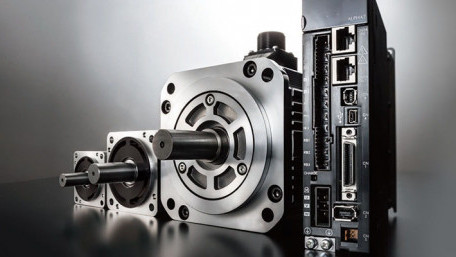
Safety is one of the most critical aspects of machine design. Today, with network connections between different machines…
Safety is one of the most critical aspects of machine design. Today, with network connections between different machines and control centers, safety signals must be shared logically and reliably across networks.
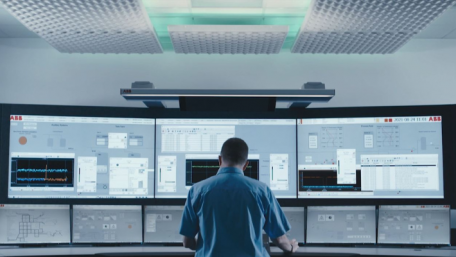
Many worldwide plants are still running the old Advant Controller 450 from ABB in their facility, with many plants using…
Many worldwide plants are still running the old Advant Controller 450 from ABB in their facility, with many plants using the latest System 800xA DCS interfaced with the existing AC450 controller.
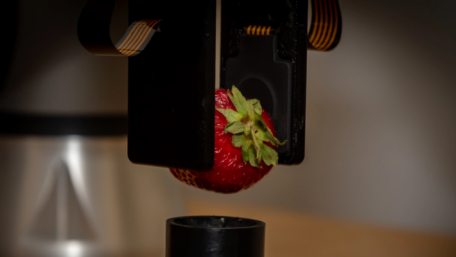
Using advanced sensing technology, robotic skin allows grippers and manipulators to “feel” and handle objects without…
Using advanced sensing technology, robotic skin allows grippers and manipulators to “feel” and handle objects without damaging them. While emulating human touch is still in its infancy, it does show promise for future applications.
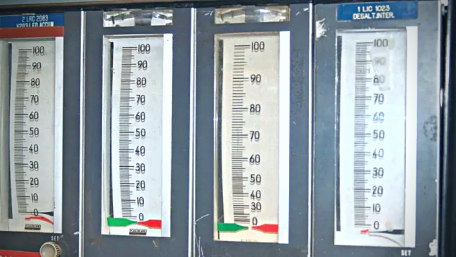
Learn about proportional gain and proportional band, two key proportional control concepts, to better understand the most…
Learn about proportional gain and proportional band, two key proportional control concepts, to better understand the most popular control system method in industrial automation.
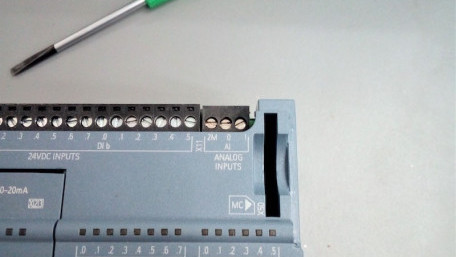
There are three main types of numeric values that must be handled by a PLC: boolean, integers, and floating point. These…
There are three main types of numeric values that must be handled by a PLC: boolean, integers, and floating point. These last floating-point values can create the most confusion for programmers and technicians.
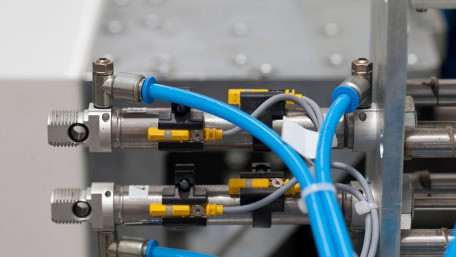
Tracking the position of a hydraulic or pneumatic cylinder is often accomplished at a basic precision level, detecting…
Tracking the position of a hydraulic or pneumatic cylinder is often accomplished at a basic precision level, detecting only end stop limits with discrete digital values… But what methods accomplish this?
You are bound to encounter two terms associated with sensors and some loads: ‘NPN’ and ‘PNP’. You must understand…
You are bound to encounter two terms associated with sensors and some loads: ‘NPN’ and ‘PNP’. You must understand the relationship between the field device and the control module in order to choose and install components properly when needed.
